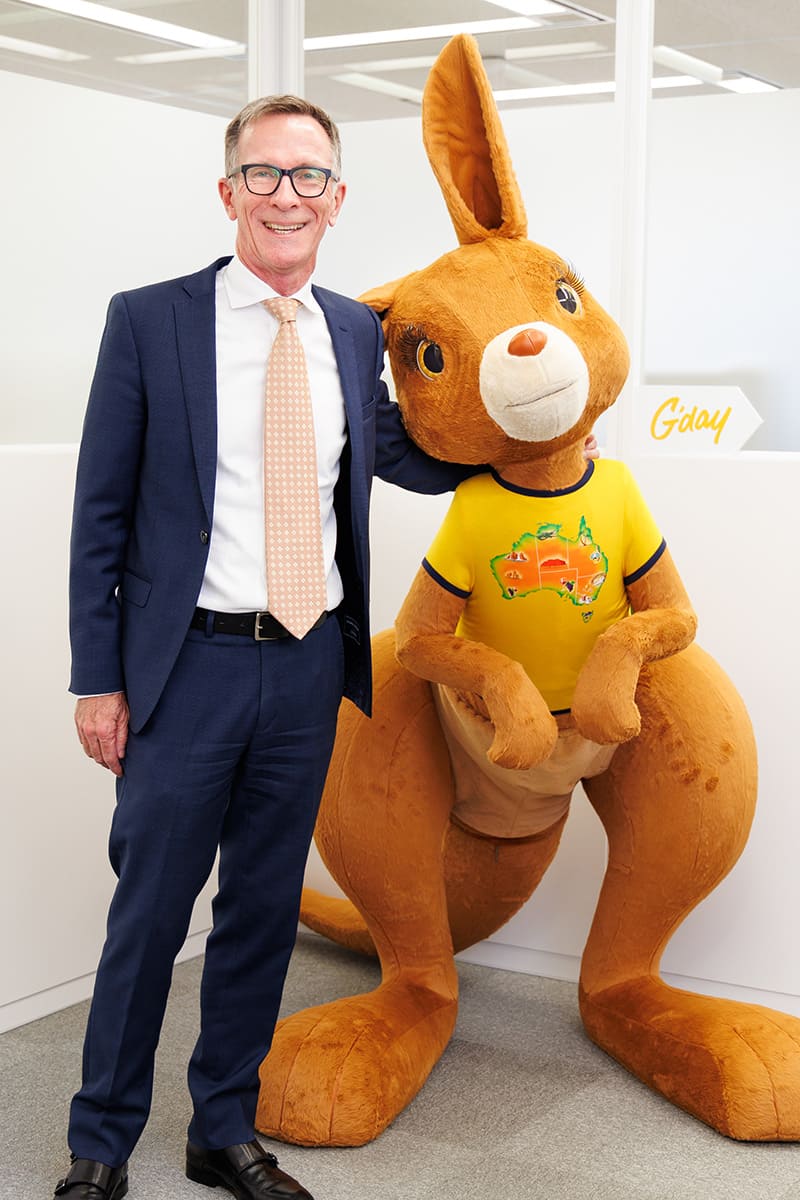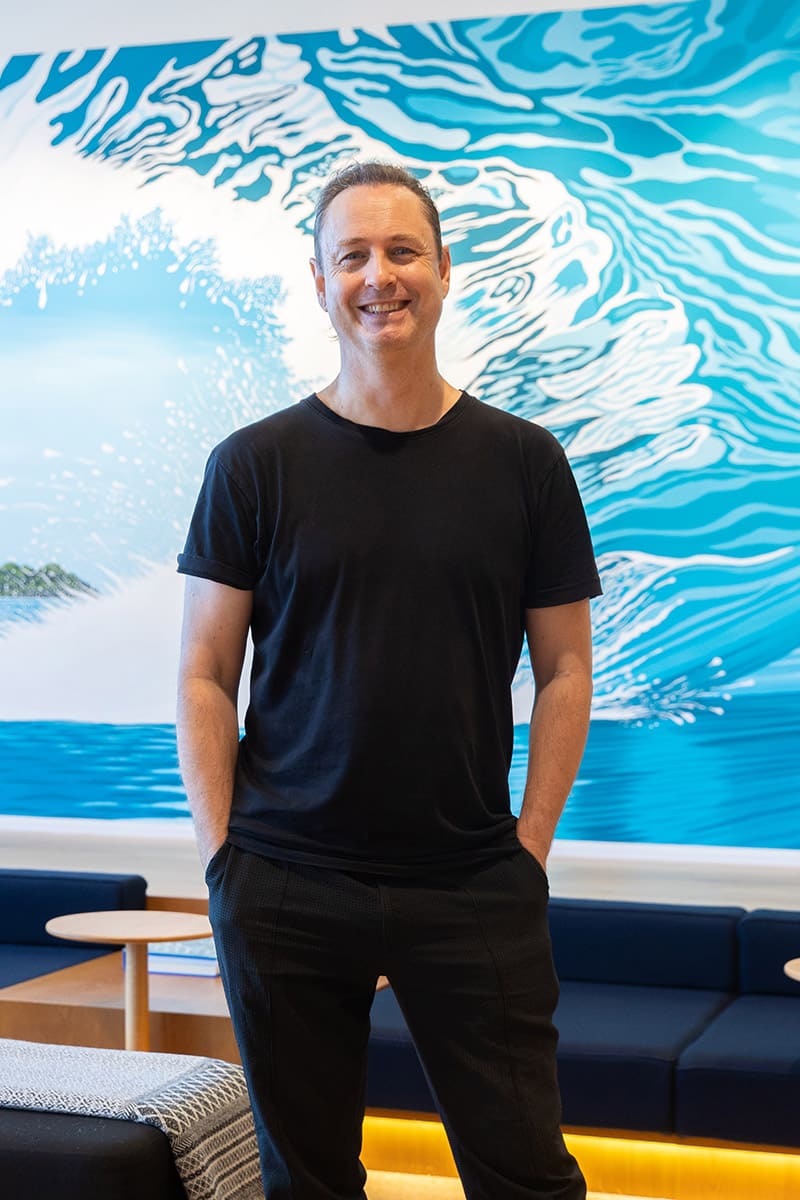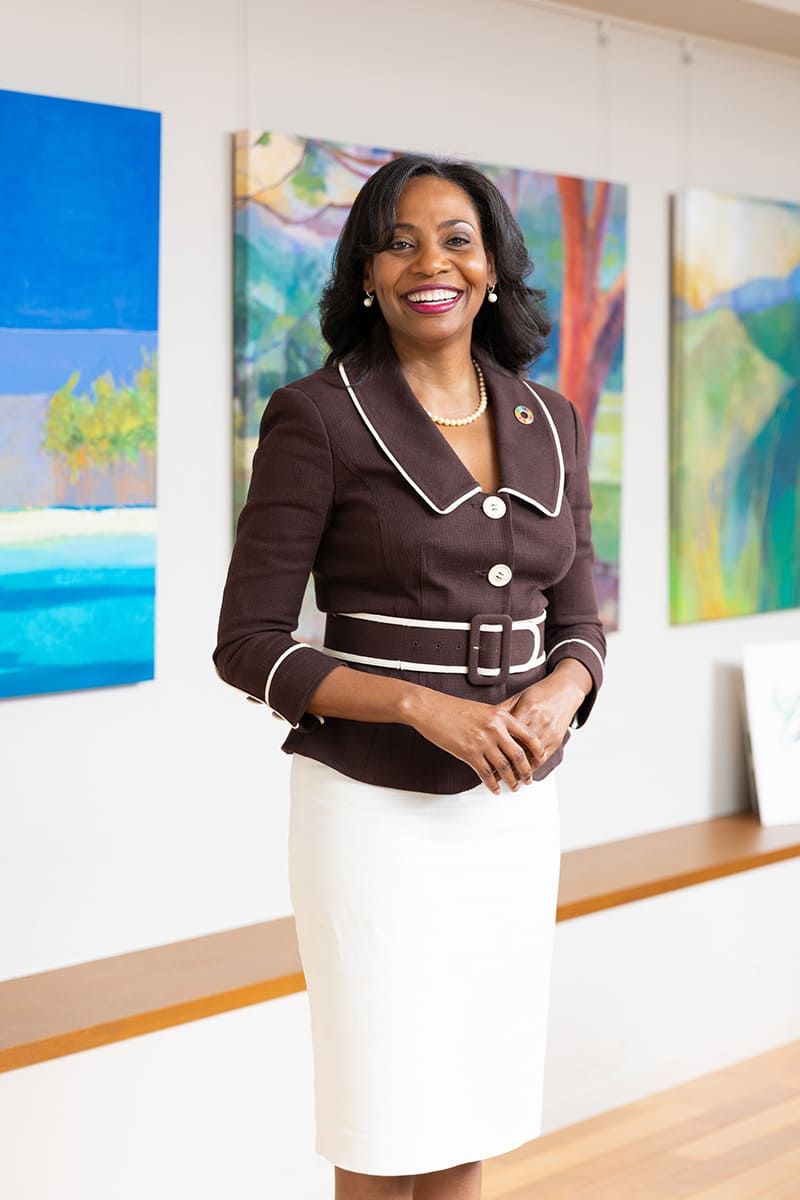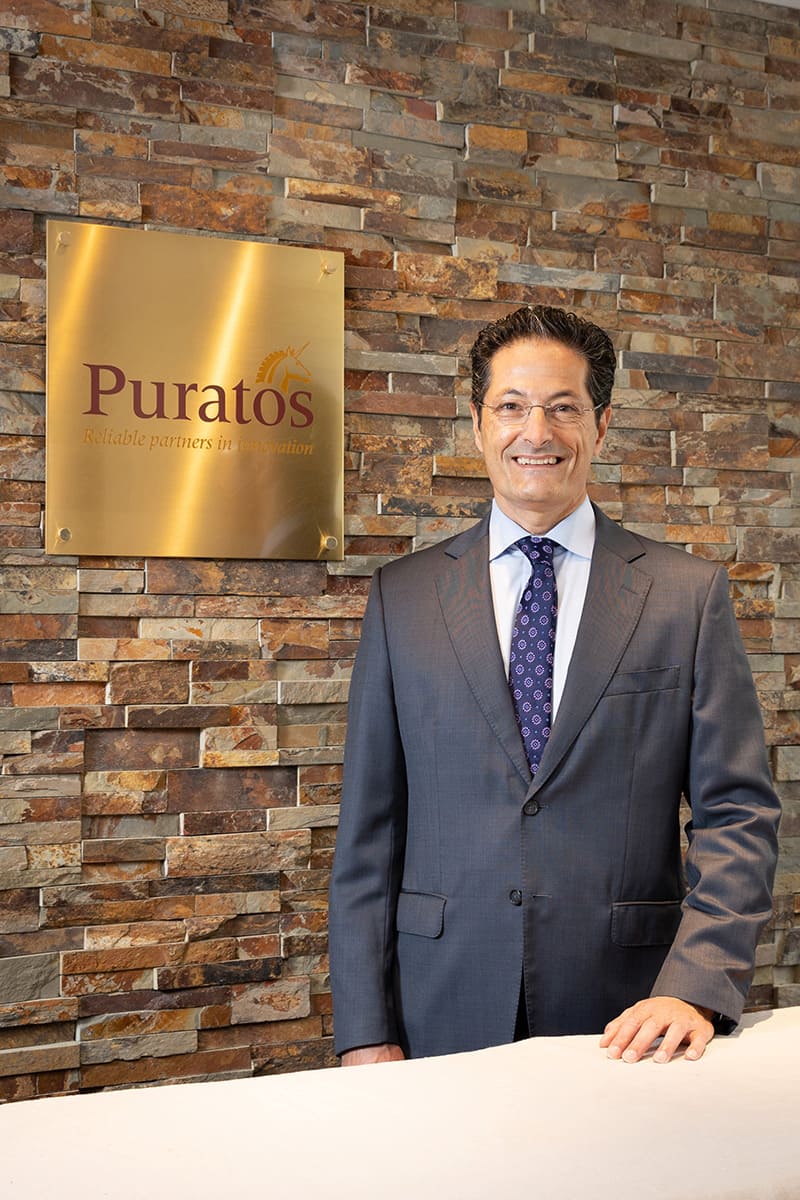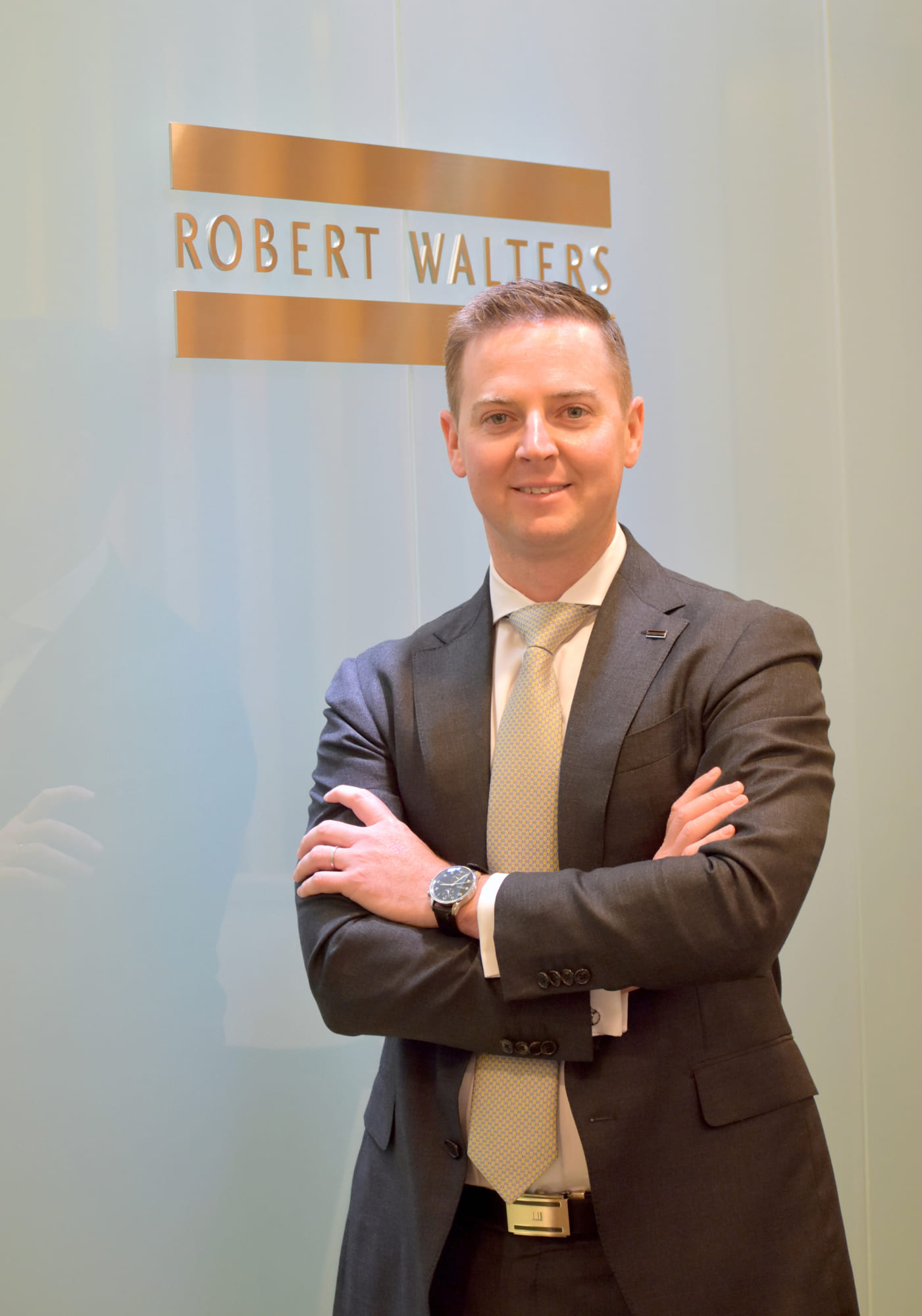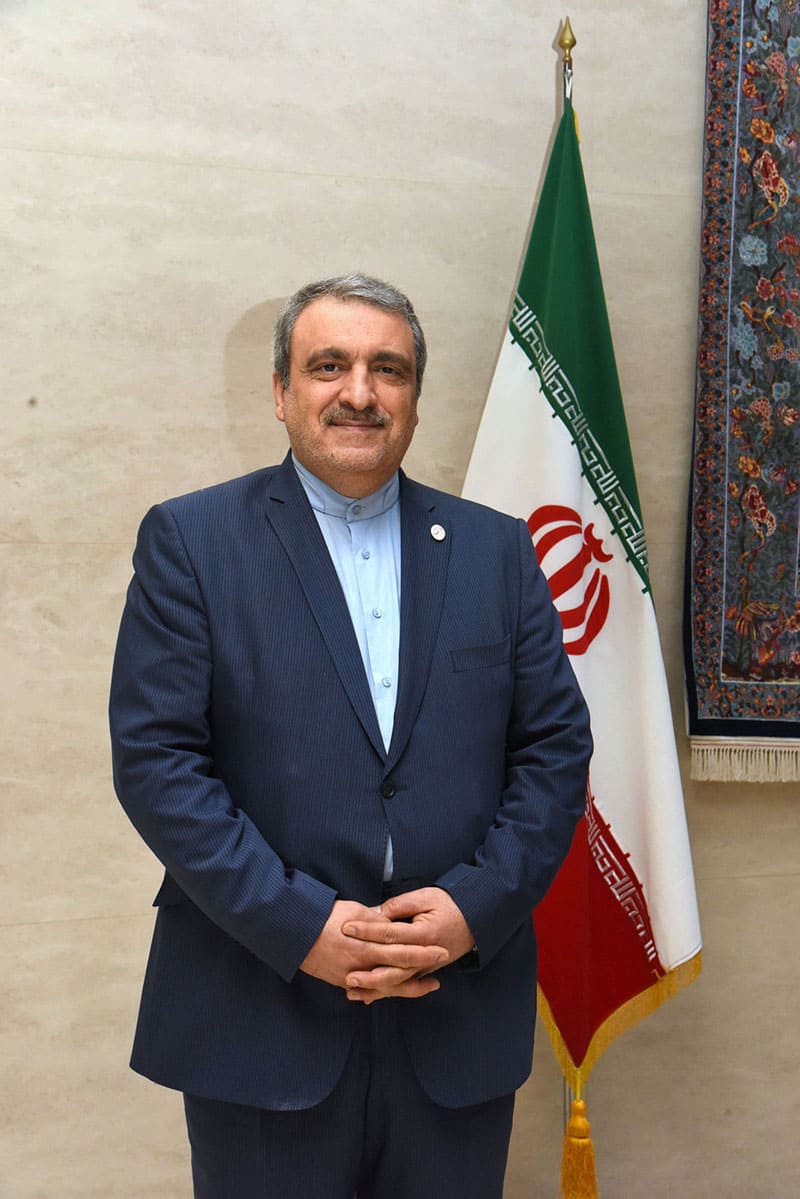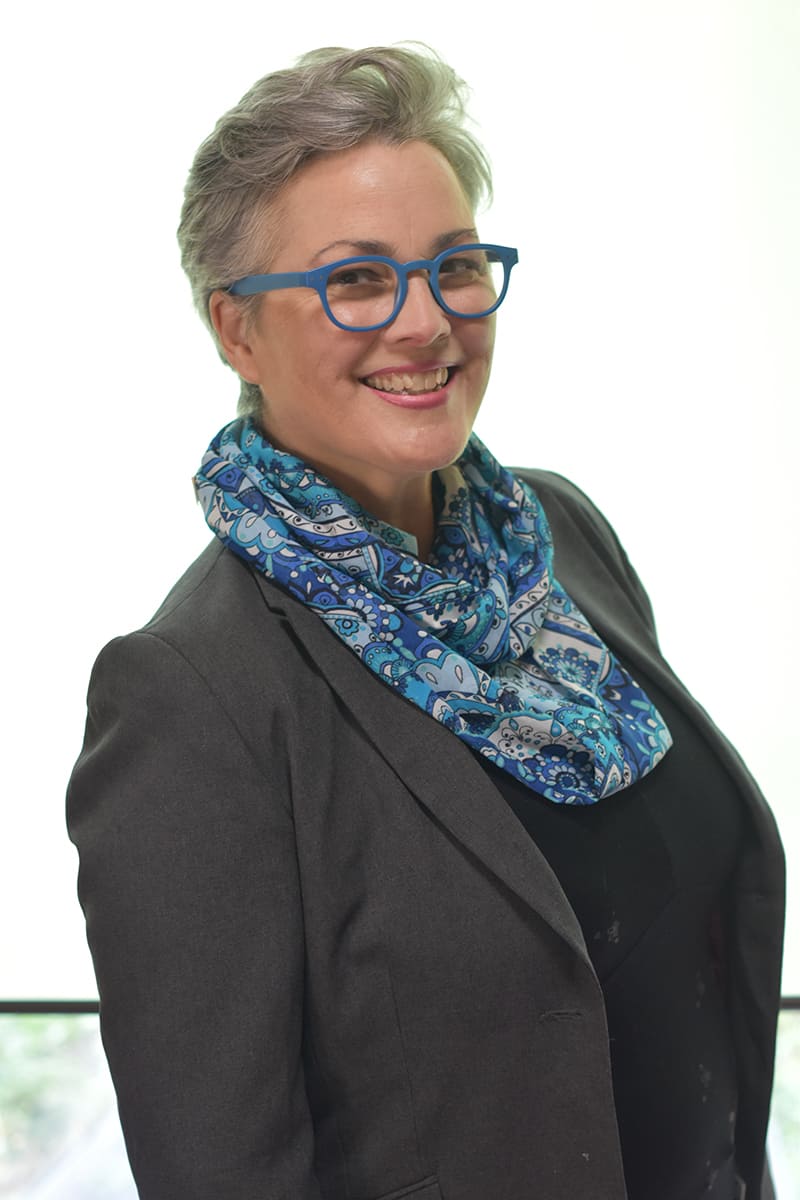
February 03, 2021
Tourism expert balances people, planet and profit
Joy Jarman-Walsh showcases people’s efforts on live talk show
- Name: Joy Jarman-Walsh
- Title: Inbound tourism consultant and livestream talk show host
- URL: http://www.inboundambassador.com/
- Hometown: Oahu
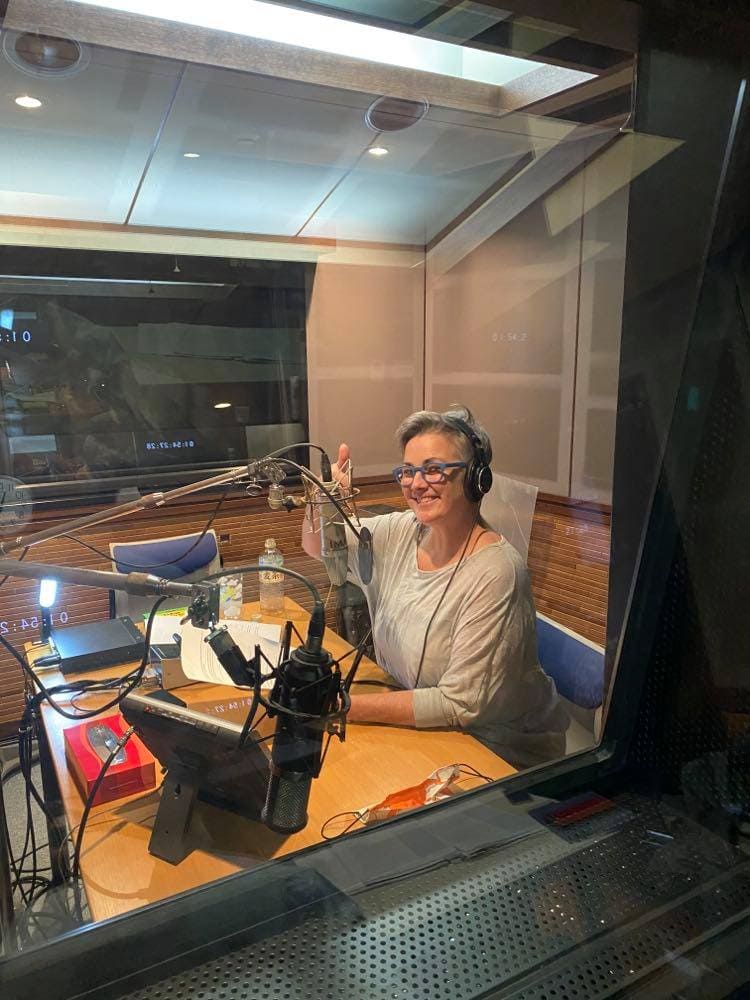
The effervescent American Joy Jarman-Walsh, a long-term resident who has spent over half her life in Japan and is an expert in tourism marketing, consulting and training, has a confession to make. “One thing which I didn’t realize until the last few years working with tourists is how lonely it can be in Japan,” she revealed in an online interview, bundled up warmly in her Hiroshima home.
Describing how tourists often opened up to her about loneliness, and her surprise upon hearing how they felt “they didn’t have a chance to meet any local people,” Jarman-Walsh reflected upon her own situation. She concluded that she herself didn’t have many close relationships with Japanese people outside her work relationships. “How can I use what I’m doing with consulting or training to help people make meaningful connections on a more personal level?” she asked.
This epiphany was the impetus for Jarman-Walsh to quit her tenured university position and set up her own consulting business, Inbound Ambassador, “as a way to put years of sustainable tourism theory, ideas and research to work.”
“Before I started my own business, I was very idealistic about sustainability,” she said. “‘We need to do this now!’ and ‘Come on, government, do this!’ Once I started consulting, I became much more realistic.”
Podcast on the ‘people’ part
Part of her change in approach was adopting mindfulness and developing a better appreciation of the smaller efforts that people and companies were making, efforts that in the long term could have a larger impact or effect. These efforts are showcased in Jarman-Walsh’s “Seeking Sustainability Live” venture, a multichannel social media talk show in which she researches and interviews guests about their work in sustainability, whether it be environmental, cultural, community-building or tourism-related.
“Being sustainable is about quality of life,” Jarman-Walsh said. “How can you maintain a balance between people, the planet and profit? If the ‘people’ part doesn’t include culture, traditions, proactive communities or maintaining a high quality of daily life for the things that you care about, it’s not going to be sustainable.”
Sustainable tourism draws upon Jarman-Walsh’s expertise, but she also learned about the negative impact of tourism — “where the number of people (visitors) equals success” — firsthand growing up on Oahu, Hawaii. She thrived living in an environment where clean air and water were the norm but remembers very little tourism-generated money improving local businesses, people or natural areas.
That, she says, is tourism’s default, business-as-usual model, with residents experiencing the inconveniences of the tourism boom and missing out on the benefits. Yet it has been encouraging to see progress being made, such as changes occurring in Hawaii over the last 10 years.
According to Jarman-Walsh, Hawaii has come to understand “you have to take care of your staff at hotels, you have to take care of the local area, people and environment if you want the incoming tourists to also enjoy themselves. There’s a big shift from focusing solely on the customer to balancing the needs of local people and staff with high-quality customer experiences. I think Japan is starting to get that, but it is still not quite here yet,” she added, citing the status of the customer, inherent in omotenashi (hospitality) culture, as a possible contributing factor.
Finding ways for locals to retain a decent quality of life by enjoying local assets for themselves while gaining some benefits from incoming visitors is vital to the tourism industry’s sustainability and overall success, she added.
Pandemic is a time to reset
The coronavirus pandemic is a time for the tourism industry to reset, reflect and focus on marketing efforts, she posits. A recent stint of destination consulting saw her advising one client to “use this time to sustain, build your brand.” Further outreach saw her advising other clients to collaborate and pool efforts in like-minded fields or areas.
“I find it’s a really hard sell to some clients; they’re like: ‘I’m in my lane doing my thing. What are you talking about, reaching out and connecting with other people?’” Most destinations and businesses have adopted a competitive mindset, she reflects.
Yet Jarman-Walsh is adamant this is harming the creation of successful international tourism policies. Instead, information-sharing and working collaboratively is key to balancing the needs of locals and visitors. Such models encourage longer stays and more money flowing into local economies. It’s an approach Jarman-Walsh says is taken up by many non-Japanese working in domestic tourism here in Japan, such as 2020 “Seeking Sustainability Live” interviewee Jess Hallams, an Australian living in Tohoku.
“Her concept is about branding the whole Tohoku area, not just region by region for a service, or product by product, but getting the whole region to (better) work together and share each other’s information in terms of inbound and even domestic tourists,” she said.
Domestic tourism is important, she says. She is reminded of her years as a participant in the Japan Exchange Teaching (JET) Programme starting in 1991, where she also met her husband.
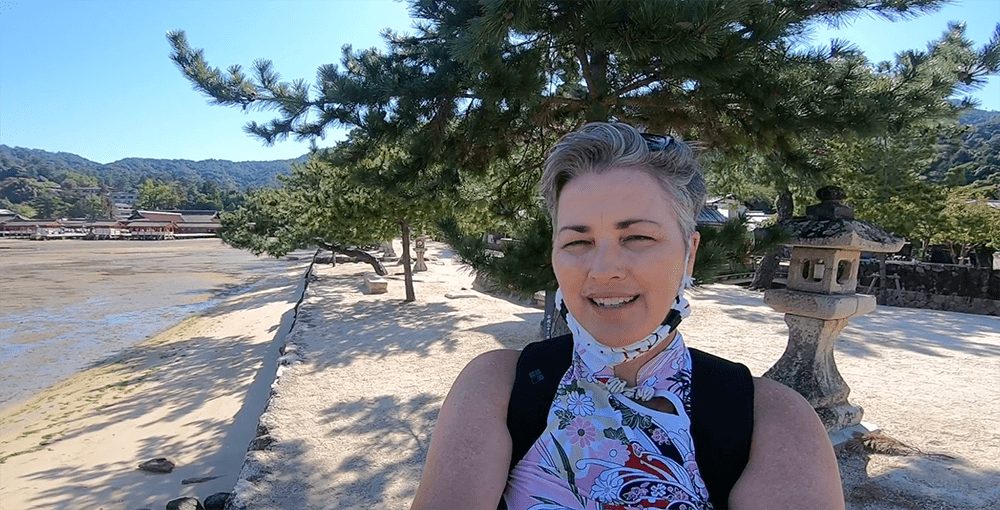
Seeing Japan on foot, by bike
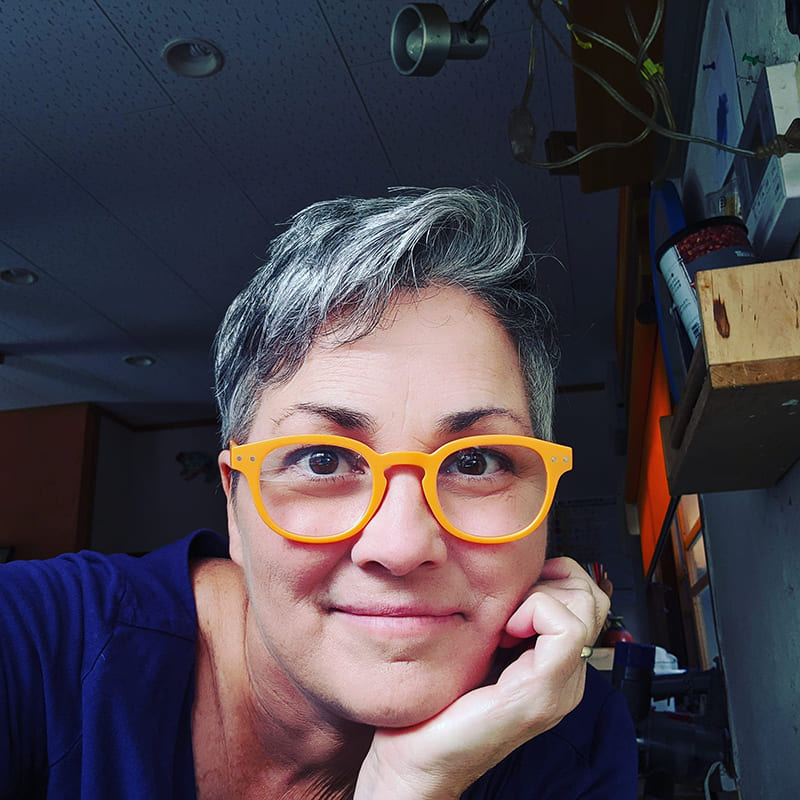
Avid athletes and sharing similar interests in triathlons, sports and hiking, the couple spent weekends traveling around rural Kyushu and spent longer breaks traveling far and wide across Japan.
“We ended up spending six weeks cycling around Hokkaido, traveling around to the rural areas to do triathlon races, meeting local people. It made me feel really connected to Japan, and I could see that there was so much diversity,” she said. “It gives me hope for the kinds of things I’m trying to promote for sustainable tourism, because I want people here to also see visitors and international residents as not just homogenous.”
Continues Jarman-Walsh: “When I became a consultant I was told … Japan is basically a ‘no’ culture, so brace yourself for rejection when you ask people to change something, be innovative or to try something that’s outside the norm. That was really good advice, and it’s definitely something I’ve seen. However, I would add, ‘Don’t give up!’ Offering reasons as to how it will benefit locals over the long term in quality of life and economic benefits can help you make inroads into positively affecting more sustainable innovation and progress.”

